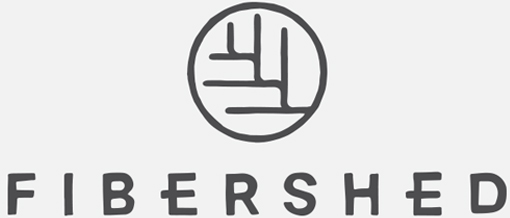visuals and story by Whetstone Media
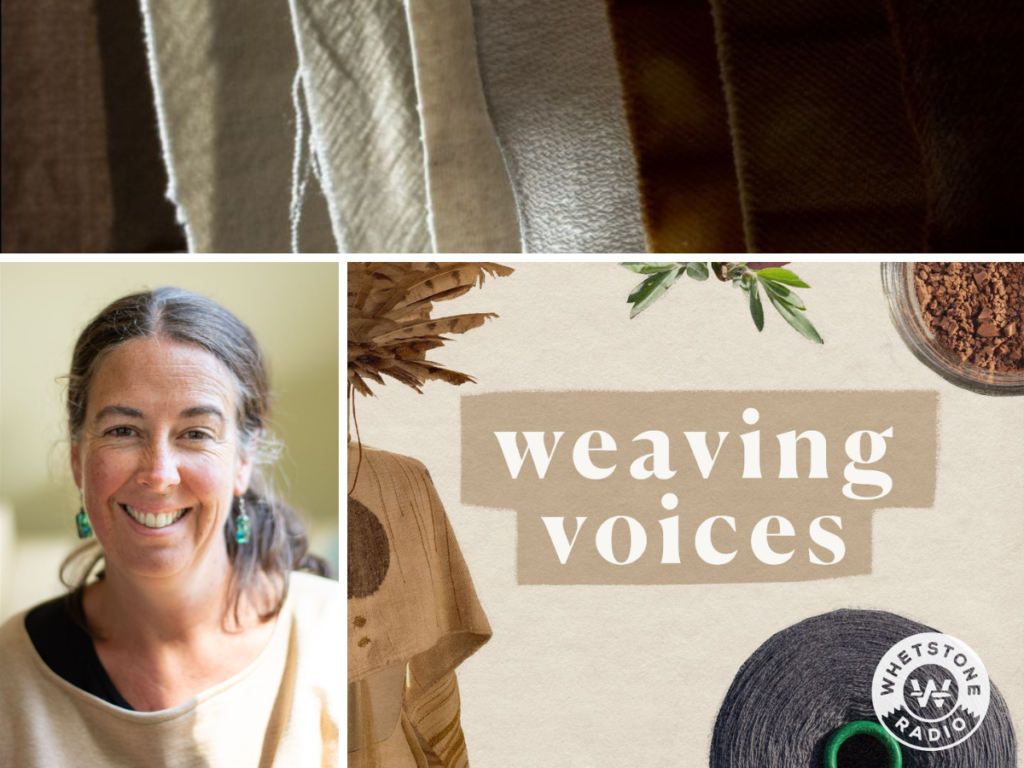
Our Weaving Voices podcast, hosted by Fibershed Founder Rebecca Burgess and produced by Whetstone Media, stitches textile systems and traditions, economic philosophy and climate science into a quilt of understanding. Across 10 episodes, Rebecca interviews the shepherds, scientists, and more who are working to transform our material culture to benefit our human and larger ecological communities.
In this Q&A with our friends at Whetstone Media, Rebecca shares more about the Weaving Voices podcast and what she hopes people will take away from it.
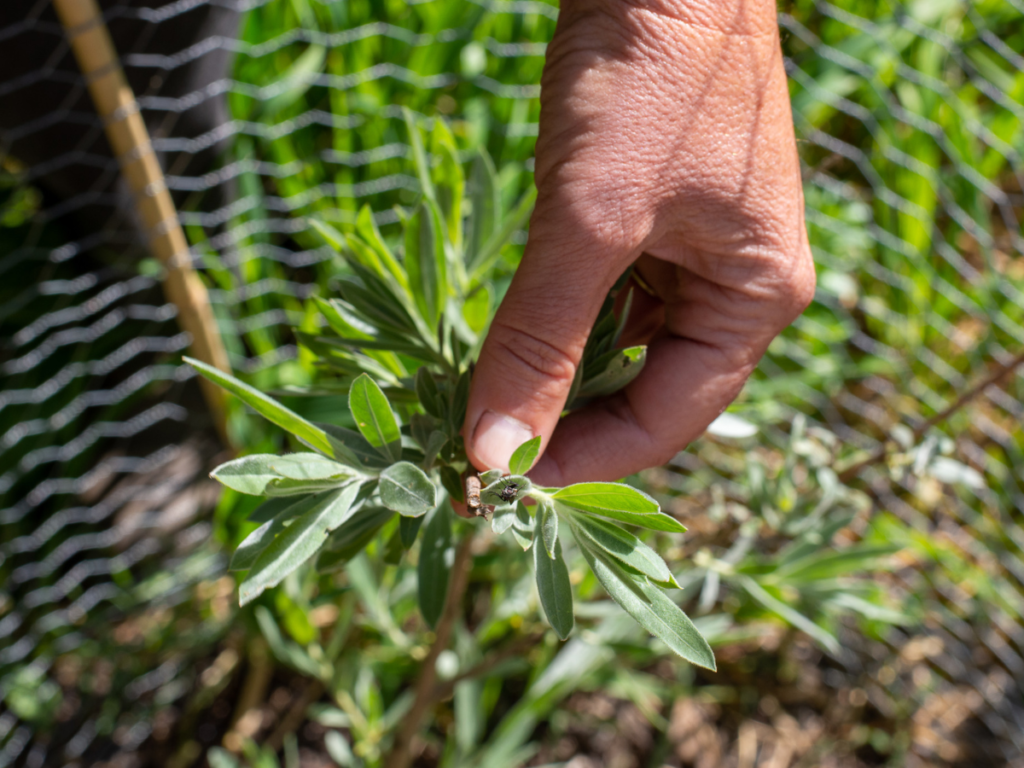
Who should listen to Weaving Voices?
Everyone globally. I think it has the potential to change the way those of us living in the Global North are consuming, and the effects that we’re having on populations and communities within our political borders and also of course outside of that. Definitely people living in [countries with] more high levels of consumption…the descendants of those in Western Europe, from Western, Central, and even Eastern European countries, the North Atlantic. It’s important to those all through West and East Africa who’ve had a lot of clothing dumped on their communities from the Global North getting to have their story told.
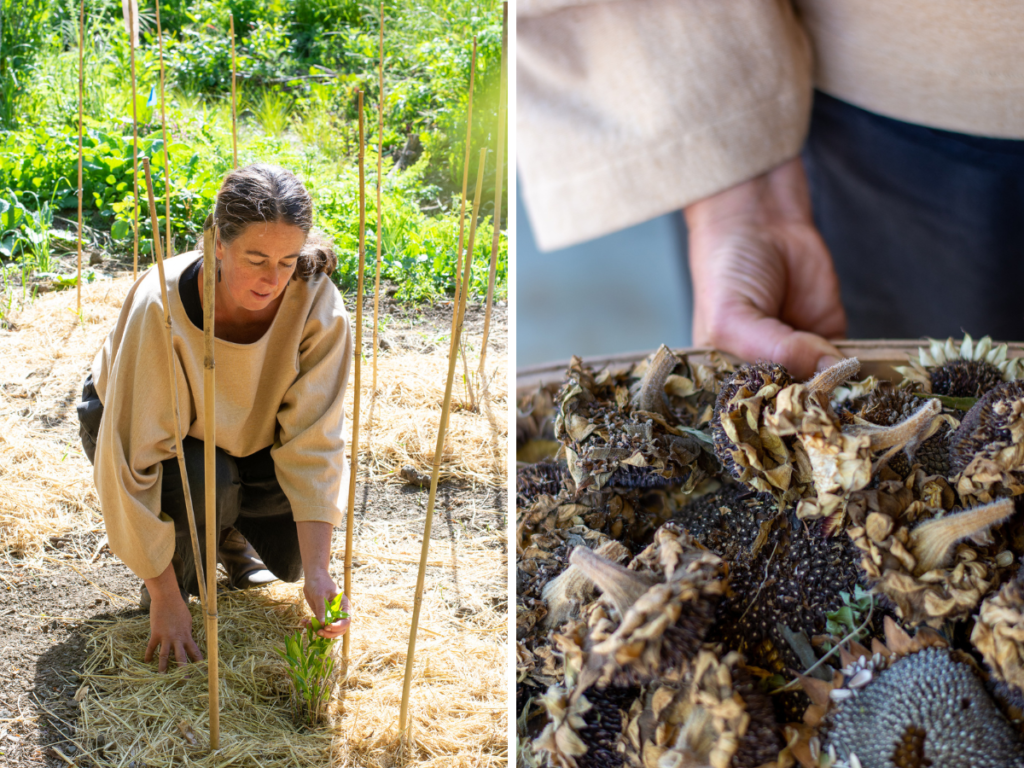
Why is it important for Weaving Voices to exist, particularly in a podcast format?
The value of it being in a podcast format is that it’s been something I’ve written about. I have published a couple of books, used long form journalism, both personally and also through our nonprofit. We’ve used that through newsletters and interview series that we publish on our blog. So we’ve done all this written work.
The podcast format is, to me, that perfect medium and vessel for sharing information that comes out through story. And stories have generally been translated orally I think throughout time immemorial. So, continuing to learn about a subject matter through the human voice, I think we’re hardwired for that.
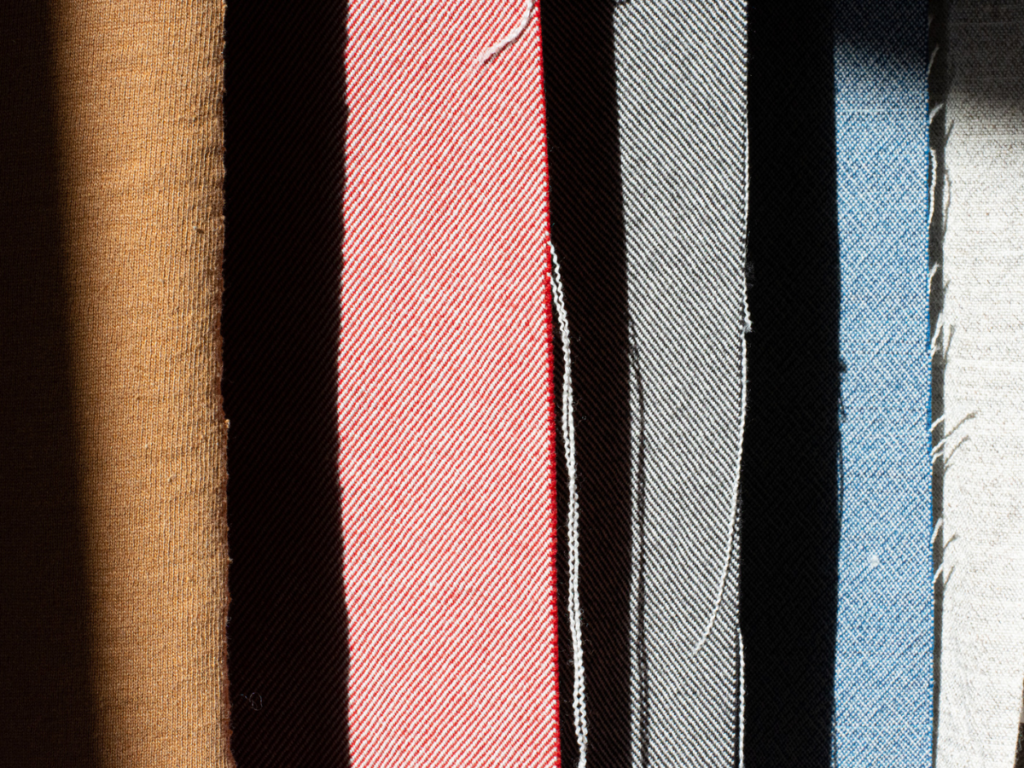
What do you hope people take away about textile systems and climate science by listening?
You can’t keep accumulating and taking over the rest of the world with how much you consume through mining and exporting your textile mills and land-use conversion for more fiber. You can’t keep doing all that from your corporate office in New York and then expect that things are gonna go well for our climate just because you’re buying a little more organic cotton or something.
We have so much of a bigger, complex system to unpack and that’s why I’m excited about the listening because I just hope more people can hear that and see their role in it and spend more time doing other things with their life rather than shopping. And then when they do shop, really thinking about a relationship with that garment and finding something that really aligns with their values. There are so many great designers and upcyclers and farmers and hand knitters and home scale weavers and people doing beautiful, values-aligned work.
Explore the latest episodes of the Weaving Voices podcast here.
